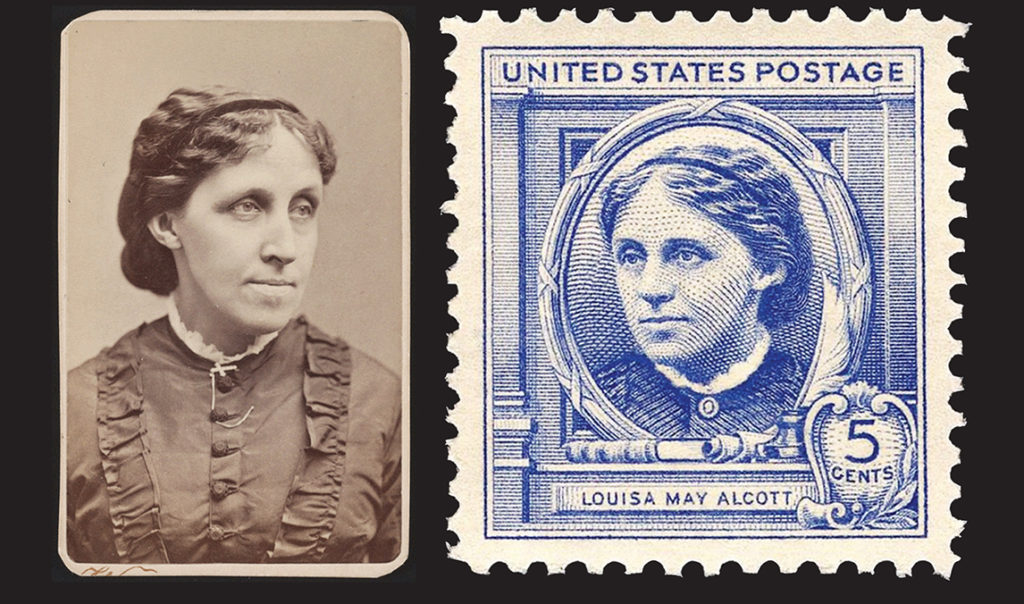Profiles In Nursing
Louisa May Alcott (1832–1888), From “Hospital Sketches” to “Little Women”
A beloved writer, she was also a Civil War nurse, staunch abolitionist and suffragette

Before achieving fame for her literary accomplishments, Little Women author Louisa May Alcott served as a nurse during the Civil War. Although ill health forced her into premature retirement, her experiences as a nurse and a patient shaped her voice as a writer and helped her to craft what would become timeless stories.
An Enlightened Family
Born in 1832 in Germantown, Pa., the daughter of Transcendentalist Bronson Alcott, Louisa May spent many years surrounded by great literary minds, including the well-known authors and poets Ralph Waldo Emerson and Henry David Thoreau.
Her family was fiercely dedicated to the abolition of slavery, sometime sheltering escaped slaves as they traveled along the Underground Railroad to freedom. As an adult, Alcott remained a staunch abolitionist as well as a feminist and suffragette.
Before becoming a nurse, Alcott wrote short stories and poems, which she often published under the pseudonym A.M. Bernard. Due to the limited success of her few published works and her concern about her family’s financial stability, she also worked for a time as a kindergarten teacher.












